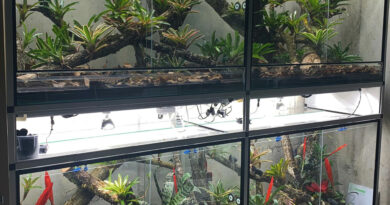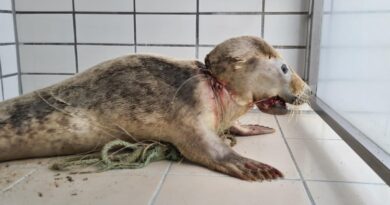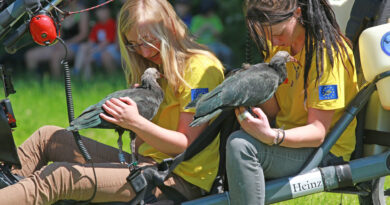Aspinall Foundation Project And Brit Zoo Produces 1st Ever Baby Gorilla Born To Captive Bred Parents In Wild In Gabon
The Aspinall Foundation that helped arrange for captive gorillas from France and Kent to be released back in the wild is celebrating with the first gorilla offspring of captivity-bred parents to ever be born in the wild in Gabon.
Mother Mayombe,13, and father Djongo, 15, have received their first ever offspring after they were released in the Bateke Plateau National Park in Gabon.
The 13-year-old mother who was born at the ZooParc de Beauval in the French town of Saint-Aignan was released in the wilderness through a mutual collaboration between the Aspinall Foundation and the zoo in 2019.
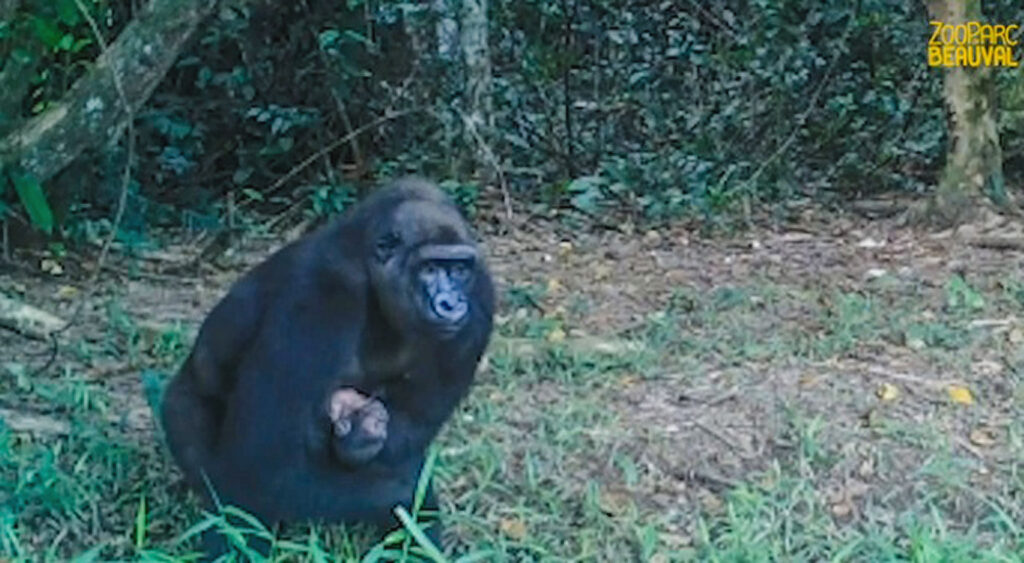
Dad Djongo, aged 15, who was born at Port Lympne Reserve in the county of Kent located south of the city of Canterbury in England and was set free in Gabon alongside his father Djala in 2013.
Djala was saved by a French helicopter pilot in 1986, after the man spotted a group of children playing with the orphan whose family had been massacred by poachers.
Djala currently lives at Bateke Plateau National Park alongside a group of females and his young offspring and will be soon joined by his granddaughter.
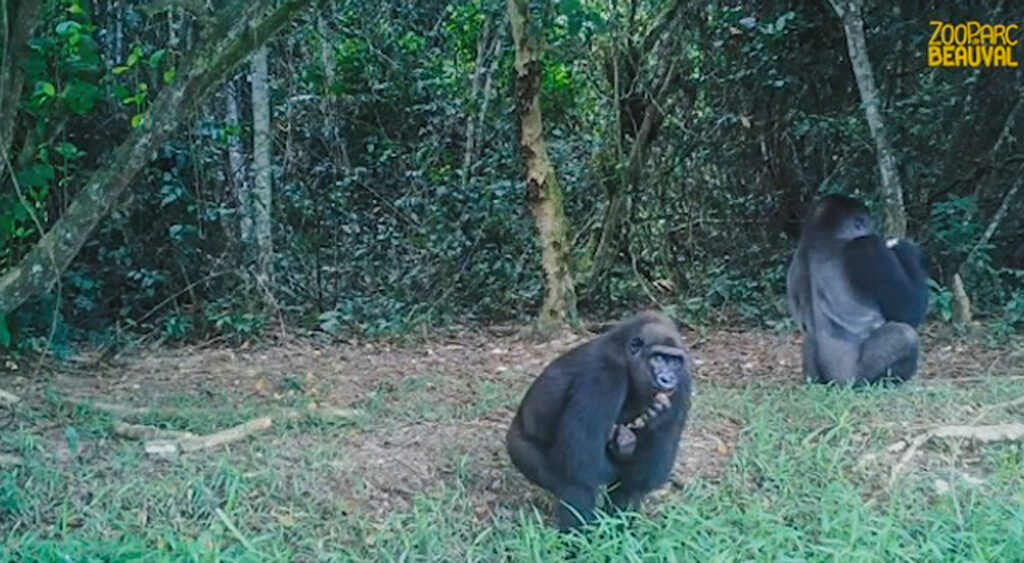
ZooParc de Beauval President Rodolphe Delord said: “This first baby gorilla of our female, Mayombe, born in Beauval is extraordinary news for all our teams so devoted to conservation in Beauval. I myself had arranged the transfer from Mayombe to Gabon with a lot of emotions and we were hoping for this birth with all our wishes. “
ZooParc de Beauval Associate Director Delphine Delord added: “This is a huge hope for global conservation! We are so excited in Beauval by these wonderful news! Today we celebrate hope and the possibility of a better future for this critically endangered species, thanks to the work done both in zoos and in the wild.”
Aspinall Foundation chairman Damian Aspinall said: “Thirty-five years ago, our work saved Djongo’s father and allowed that family lineage to continue after devastating loss.
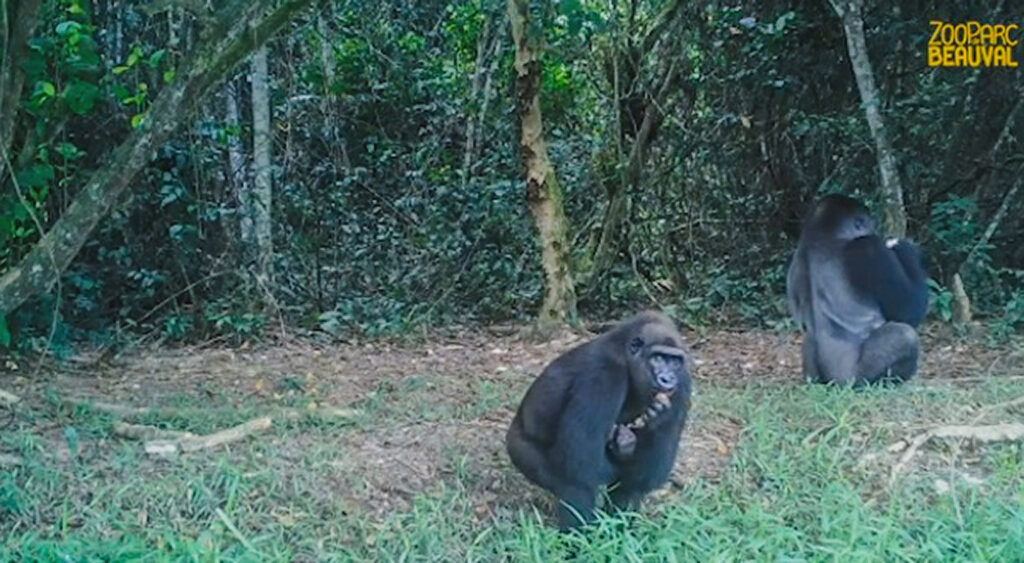
“The next generation of this critically endangered species, given a full life in the wild, free from human persecution, is a powerful image in a project that has come full circle.”

